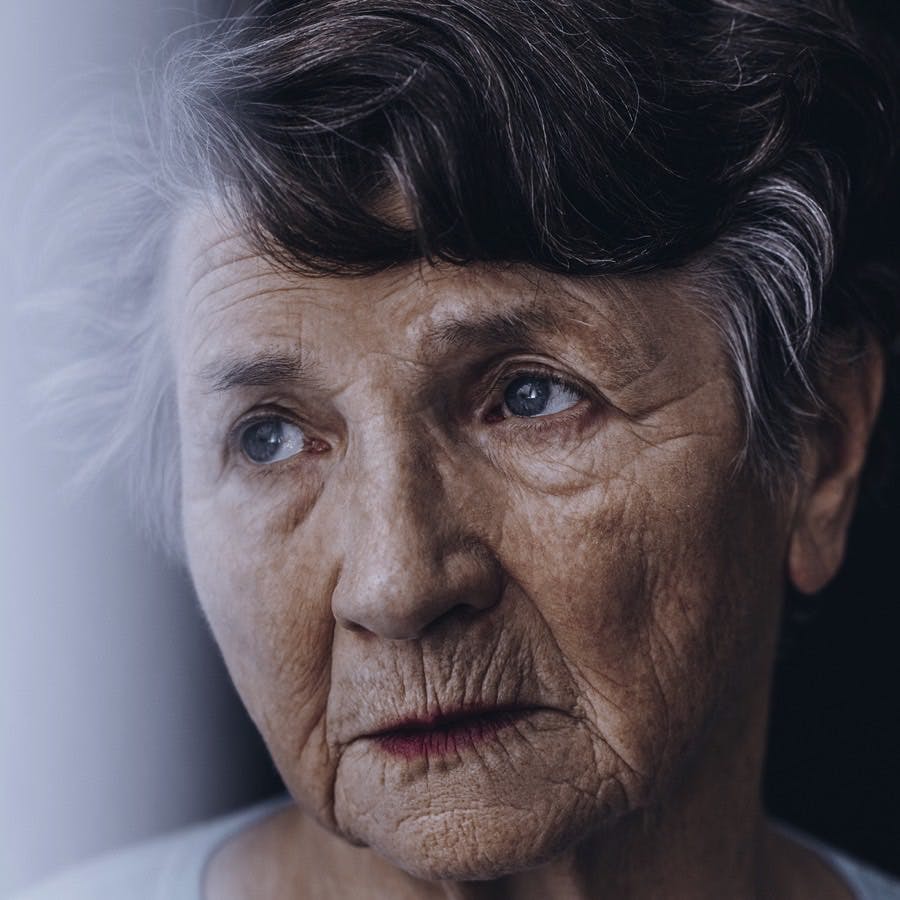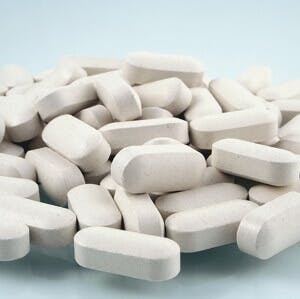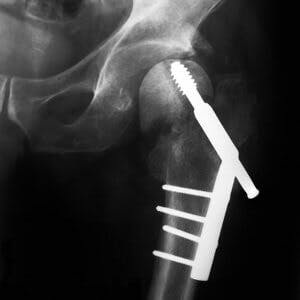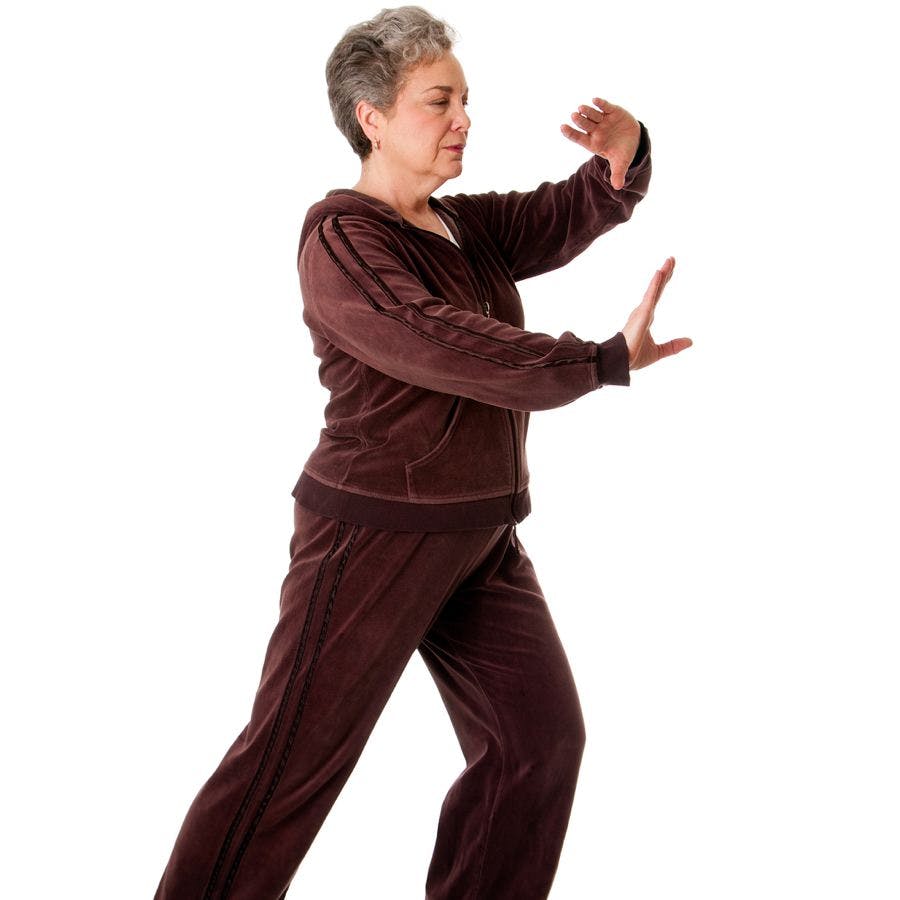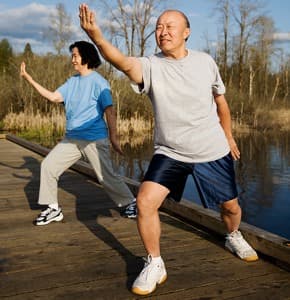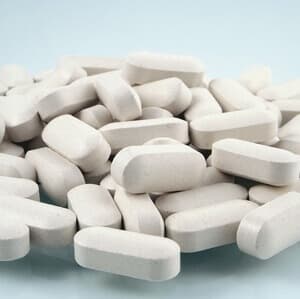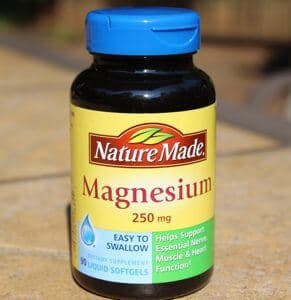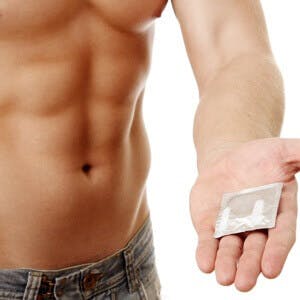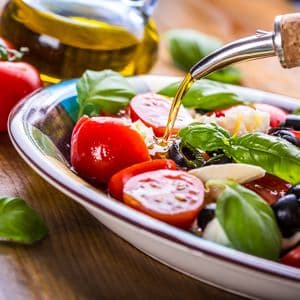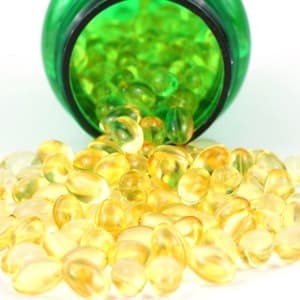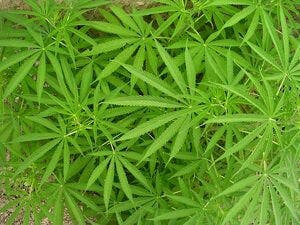Articles categorized as Fracture
Does Evenity Build Bone Against Osteoporosis?
Romosozumab (Evenity) just received a green light from the FDA for hard-to-treat osteoporosis. What are the pros and cons of Evenity? Beware the black box!
Are Dog-Walkers at Risk for Broken Bones?
Dog-walkers get more exercise, but they must take care not to end up in a tumble that could break a bone.
Will Long Term Exercise Help You Avoid a Fall?
An older person who keeps exercising diligently is more likely to avoid a fall. Regular exercise has other benefits as well.
Will You Get Osteoporosis If You Take Omeprazole?
People who take omeprazole or a similar PPI for acid reflux are susceptible to a range of side effects, including weakened bones.
An Old Drug (Zoledronate) Offers New Hope Against Osteoporosis
A new study published in the New England Journal of Medicine has orthopedists excited. Zoledronate (Reclast) reduced fractures in older women!
Can You Boost Your Bone Density with Exercise?
If you can't tolerate bisphosphonate medications for osteoporosis, you may be able to boost your bone density with weight-lifting and weight-bearing exercise.
Could Vitamin B12 Deficiency Make You Fall?
A vitamin B12 deficiency has many potential symptoms. Among other things, it could interfere with your balance and make you fall.
Should You Worry About Calcium Side Effects Like Colon Polyps?
Do you take calcium to keep your bones strong? How good is the evidence that it works? Do you know about calcium side effects such as colon polyps? New data are worrisome.
Will Magnesium Help Prevent Broken Bones?
People getting at least 400 mg of magnesium daily are less likely to suffer broken bones. The mineral can come from both diet and supplements.
Will Testosterone Therapy Strengthen Your Bones?
Testosterone therapy resulted in better bone mineral density after a year. Bone in the spine and hip responded especially well.
What Is the Best Diet for Strong Bones?
The best diet for preventing bone loss is rich in vegetables, fruit, fish and whole grains and has very little processed food and saturated or trans fat.
Will Antidepressant Medications Increase Your Risk for a Broken Hip?
Antidepressants are thought to be highly effective and quite safe. Millions take such drugs. An unexpected complication of antidepressants is worrisome.
How to Avoid a Fracture by Changing Your Medicines
Many older people who suffer a fracture are taking drugs that may contribute to their risk. Changing their medications might help them avoid a fracture.
How to Avoid a Broken Hip with a Mediterranean Diet
Older women who want to prevent a broken hip do well by following a Mediterranean diet full of vegetables, fish and fruit and low on sweets and meats.
Boosting Vitamin D Did Not Keep Seniors from Falling
Boosting Vitamin D with high dose supplementation was associated with more falls rather than fewer and did not prevent broken bones.
Drinking Tea Helps Protect Bones
Drinking tea was associated with a lower likelihood of a bone fracture due to osteoporosis in a study of elderly Australian women.
Marijuana Ingredient Helps Bones Heal Faster
Cannabidiol, a compound without psychoactive properties, helped rat bones heal faster.
SSRIs for Hot Flashes Raise the Risk of Fractures
Women who take SSRIs for hot flashes are more likely to break a bone in the years that they remain on the drugs.
Pain Reliever Might Slow Healing from a Bone Fracture
It seems counterintuitive, but by suppressing inflammation, NSAIDs like ibuprofen could slow healing from a bone fracture.
How Can Elderly People Avoid Falls?
Exercise to improve balance and strength reduced injury from falls, while vitamin D supplements had no effect.

